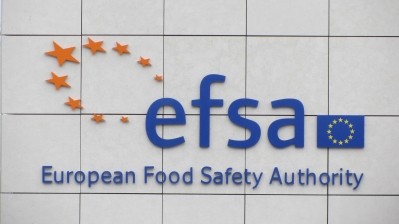EFSA’s pledge: ‘More robust, open and transparent processes’

The Prometheus project (Promoting MetTHods for Evidence Use in Scientific assessments) will publish two upcoming scientific reports. The first to be published in May 2015 will look at the principles and processes for dealing with data during evaluations while the second will be published in October 2016 and will analyse evaluation methodologies.
Last year EFSA published a paper called Transformation to an ‘Open EFSA’ which looked at ways to increase transparency amidst allegations of secrecy.
In an editorial published on its website, the authority said that maintaining full transparency during scientific evaluations - showing what has been done and how – as well as interaction with the wider scientific community were essential.
It also acknowledged the need to provide answers in a practical working context so that its evaluation can be of use to those who need it: “In other words, a comprehensive response that is given too late may be of no use to decision makers or risk managers,” the paper said.
However, it said that decision- and policy-makers must understand the limitations of scientific evaluations; they are done with ‘a degree of … uncertainty’ based on the strength of data available at the time.
Secrecy and conflicting interests
EFSA has been criticised in the past for a lack of transparency surrounding its evaluations as well as conflicts of interest among committee members.
The authority responded to allegations of secrecy upon publication of 'Open EFSA’ saying: “There are no secret studies. Under EU law, interested parties with a legitimate request can have full access to the documents of the European institutions – Public Access to Documentation. EFSA always responds to such requests.”
NGO Corporate Europe Observatory (CEO) said that public trust in EFSA had been undermined by a ‘real and perceived lack of independence from commercial interests’.
"EFSA's transparency and independence policies must be strengthened together, but even after so many years of being criticised the agency has failed to stop conflicts of interest among the members of its expert panels," it added.
In September 2014 EFSA invited national partners, other scientific advisory bodies and civil society organisations to give feedback on its “vision for greater openness and transparency in its scientific processes”. Feedback has been incorporated into the project.

























